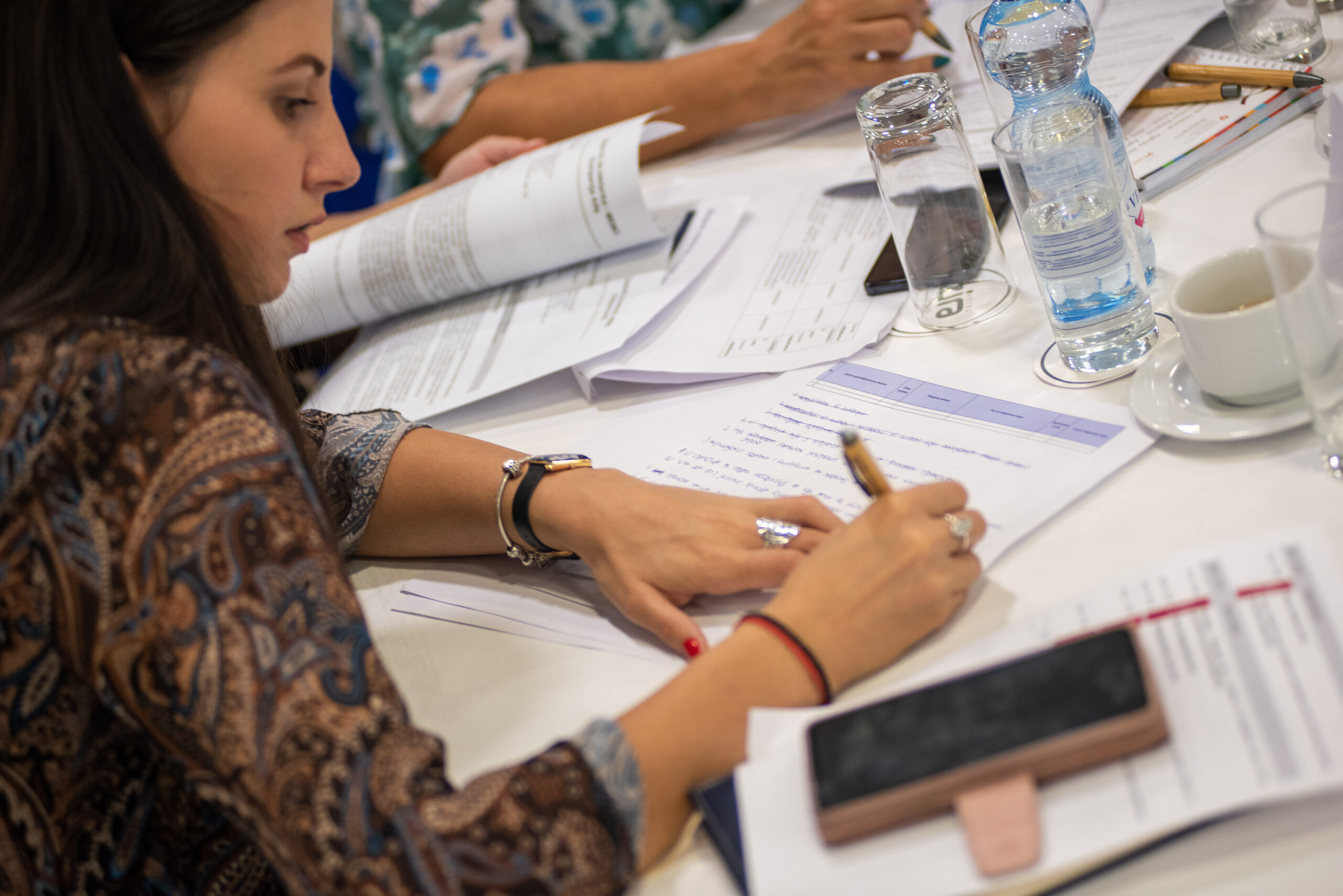Internal auditors are key players when it comes to improving the performance of the government sector. It is their job to ensure that public funds are being used in accordance with the approved regulation. To live up to this task, continuous training is required for those involved.
The Central Harmonization Unit of the Ministry of Finance of the Republic of Serbia, which is responsible for the preparation and promotion of the financial management and control system (FMC) and internal audit (IA) methodologies, conducted two workshops in Belgrade on October 4 and 5, 2023, with the support of the German Development Cooperation within the project “Public Finance Reform – 2030 Agenda” implemented by GIZ.

The workshops aimed to train certified internal auditors of public funds beneficiaries such as ministries, public enterprises, state institutions and others, in providing advisory services in internal audit and risk assessment for internal auditors in the public sector.
The knowledge acquired in the workshops will enable auditors to better understand the advisory function of internal audit as well as to better understand, assess and manage risk, with the goal to plan and conduct the most urgent and impactful audits in their institutions. In addition to the theoretical part, the participants had the opportunity to apply practical knowledge by using case studies to determine the influence and probability of events which are potentially harmful to the state budget and public fund beneficiaries.

These are first two of five workshops planned to be held in four regional centres: Belgrade, Nis, Novi Sad and Kragujevac. Around 160 certified internal auditors took part in the two workshops held in Belgrade, another 160 are expected to be trained until the end of 2023.

The overall goal of the trainings is to improve financial control and to increase transparency and accountability in the use of public funds, thus directly contributing to Chapter 32 of the EU acquis and advancing Serbia’s EU accession process.






